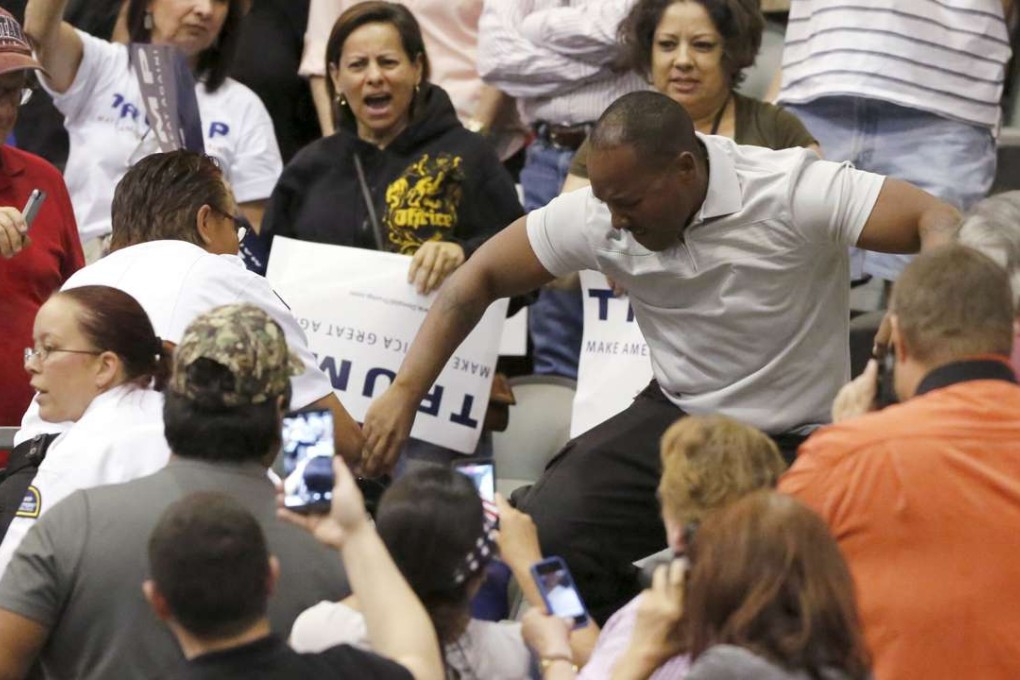How far can Donald Trump’s fake machismo go?
Niall Ferguson says in both words and deeds, the US presidential hopeful and his ilk repudiate the rise of feminine traits in politics, led by a new generation of women leaders (and some men)

In our time, women have been gaining political power as never before. There are (by my count) 17 female presidents and prime ministers around the world today. Sixty-three of the world’s countries have now had at least one female head of government or state in the past half century.

Now, when a man seeks to sum up feminine qualities, he is almost certain to be accused of sexism, so please read this trigger warning before you step out of your safe space. I believe in the equality of the sexes. And what I am about to say is not based on prejudice but on half a century of research.
What I have noticed is that, compared with me and my male relatives, my grandmothers, mother, sister, daughter, ex-wife and wife share or shared the following traits. They talk a lot more before arriving at decisions. They are mostly better at doing many different things at once. They are slightly less inclined to lose their tempers. And they have multiple handbags, the cluttered contents of which often seem as puzzling to them as they are to me.

German Chancellor Angela Merkel named Time magazine’s ‘Person of 2015’
Not all feminine traits translate into the realm of politics, but these do. Thus, Merkel’s political style combines the gift of the gab, multitasking, never losing her cool and a certain amount of tactical clutter.